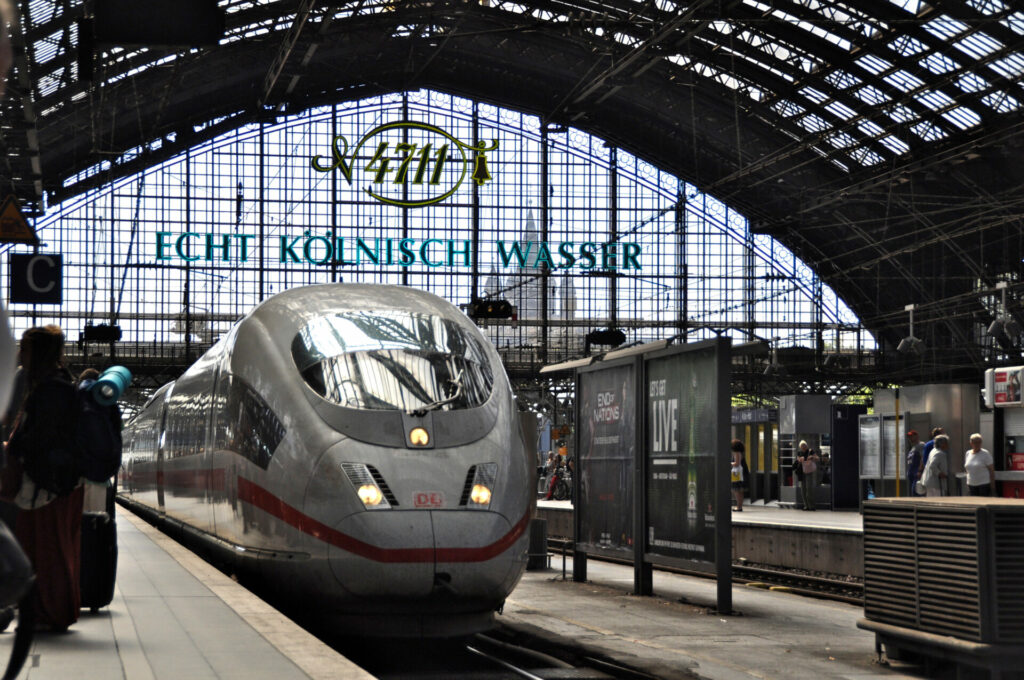Germany is set to witness its longest-ever train drivers’ strike from Wednesday. The six-day rail strike will also affect train traffic to and from Belgium.
The train drivers’ union, GDL, announced the new strike on Monday, marking the fourth such action since November 2023 against the backdrop of stalled negotiations with the public operator Deutsche Bahn (DB). This marked the latest twist in an entrenched dispute about pay and working hours.
The strike, an initiative of the train drivers' union GDL, will start at 02:00 on Wednesday and last until 06:00 in the morning on Monday. It will be the longest-ever strike by train drivers in Germany, breaking the previous record set in May 2015.
What is the strike about?
This strike call comes less than ten days after a three-day work stoppage which ground Europe’s largest economy to a halt.
The GDL, a minority union within the company of roughly 211,000 employees, accuses DB of relentlessly pursuing its policy of refusal and confrontation. Conversely, the public railway operator accuses the union of acting in an entirely irresponsible manner with this new strike.
Alongside wage hikes to offset inflation, GDL is also seeking a transition to a 35-hour working week over four days, compared to the current 38 hours.
The public company, which had already proposed an 11% pay rise and an inflation bonus, last week tabled a new offer. This would allow for the same pay for a 37-hour week or an additional 2.7% pay rise for those maintaining the same working hours.
Deutsche Bahn serves key North-South and East-West European routes, and the disruption to freight traffic threatens to deal another blow to struggling Germany’s economy.
Impact in Belgium
The company expects this week’s strike to also have a massive impact on passenger transport. The strike will also affect services to and from Belgium. Fewer ICE high-speed trains will run between Belgium and Germany, with the amount reduced to just three in each direction, according to the international travel website of railway company SNCB.
The trains will also only run between Brussels and Cologne (and not between Cologne and Frankfurt). Travellers can use their ticket until Monday 5 February, or ask for a refund. From the Netherlands, all ICE rides will be cancelled during the six strike days.
However, Eurostar's high-speed trains to and from Germany will run as normal. "We do not currently expect any impact on the route to Germany," Eurostar spokesperson Cordula Descheemaeker said on Monday. Eurostar train services in Germany run via Brussels and Liège.
European Sleeper's night trains, from Brussels via Amsterdam to Berlin, will run as normal, the company said.
Related News
- Train punctuality in Belgium reached lowest level for five years in 2023
- Railway strike: Three-day action at end of January is 'suspended'
As for Austrian railway company ÖBB's night train from Brussels (to the German capital Berlin and via Germany to the Austrian capital Vienna), there is no clarity yet. ÖBB expects disruptions to cross-border traffic with Germany, the company said on its website.
It will communicate later on the exact consequences, but in the meantime urges travellers to postpone their trips if possible. In previous strikes, the night train, called Nightjet, usually did not run.

